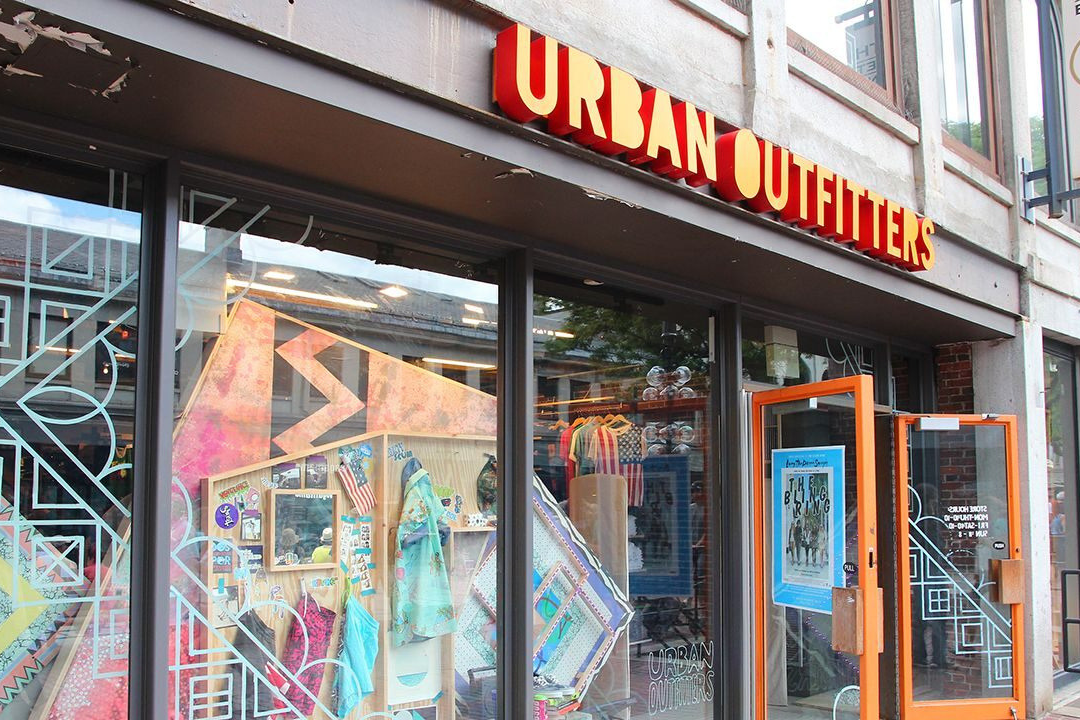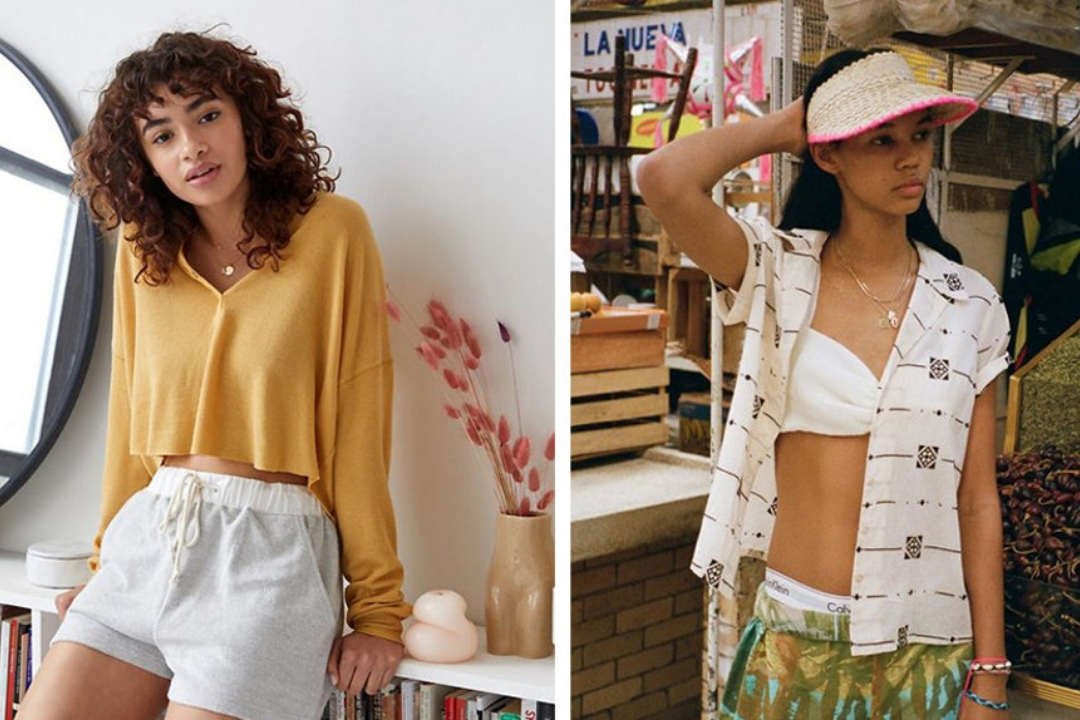The rental market has been growing rapidly over the last few years. With the recent launch of Urban Outfitters rental service, “Nuuly” could this be the year that subscription rental becomes a feasible alternative to fast fashion?
LONDON, United Kingdom – Earlier this month fashion leaders, innovators, policy makers and NGO’s gathered in the Danish capital for the 10th annual Copenhagen Fashion Summit. In 2009, when the first summit was held, sustainability was still a marginalised topic in the fashion industry. Since then, concerns about the industry’s environmental impact and its often-unethical supply chains have gained traction amongst consumers and sustainability has made its way onto the agendas of big brands.
The global shift towards sustainability is led by luxury retailers
At Copenhagen Fashion Summit, Kering CEO François-Henri Pinault revealed that he was called upon by the President of France Emmanuel Macron to unite brands together to reduce the environmental damage caused by the fashion industry.
Rising pressure from consumers is leading the way to a brighter future. One-third of customers surveyed for the Pulse of the Fashion Industry 2019 Report have changed from a preferred brand to another due to their social and/or environmental practices. Such demands have led to improvements in sustainability amongst many brands, but the progress needs to be made in the mass market and subscription rental could be its savior.
Only 7% of the global apparel market is made up of premium or luxury brands. The vast 93% is mid-market and entry-price brands.
While concerns are growing, consumers are not demanding change on a global scale yet, especially not in less affluent economies. Only 7% of the global apparel market is made up of premium or luxury brands. The vast 93% is mid-market and entry-price brands. By default, the large-scale production of unsustainable, fast-fashion, is, therefore, the highest contributor to environmental breaches, pollutants, wage exploitation and dangerous supply chains.
High-end brands have the margins to carry the squeezed profitability from increased production costs such as fair wages, sustainable fabrics and improved supply chains. How will larger companies in the entry-price segment adapt? It seems as if mass-market fashion will continue to lag due to an inherent conflict of interest between low production costs and the profitability of fast-fashion.
Can fashion trends and sustainability exist side by side?

Many consumers choose fast-fashion for economic reasons but also for newness. The growing social and environmental awareness has led to more circular solutions to soothe the craving for variety. The millennial shopper is indicative of this, showing an increasing concern for sustainability while paradoxically constantly seeking novelty. The solution to this situation may already be found in the biggest trend in fashion: the clothing rental market.
The subscription rental model is not new. However, technology has transformed this business model from one time rentals to a long-term business prospect. In fact, by 2023, it is estimated to become a $2.5bn business. As premium brands have been at the forefront of sustainability, designer rental services such as Rent the Runway have dominated the clothing subscription service.
The launch of mass market subscription rental service

Mid-market brands are catching on to the trend, showing that they are also eager to carve out a share of the growing market. In the US, Urban Outfitters recently announced the launch of Nuuly, its own womenswear subscription service.
At $88 a month, clients can pick six items to rent, wear and return with the option to purchase anything they covet and would like to own. The retailer expects to acquire over 50,000 subscribers and generate a whopping $50 million in sales during its first year. Urban Outfitters’ own lines will feature alongside brands from sister-stores Anthropologie and Free People. A curated selection of rare vintage items and third-party labels, such as Fila, Levi’s, Anna Sui and more, will also be available.
Like most retailers, Urban Outfitters brick-and-mortar physical stores have seen declining footfall while on the other hand, Rent the Runway’s recent $1 billion valuation represents an unmistakable indication of the demand for subscription services. Urban Outfitters will be an interesting model to follow – we will see whether customers are as keen to rent a cheap, cotton t-shirt as they are a designer gown. Will high street fashion last the wear and tear of rental fashion? If the launch is as successful as it predicts, Nuuly’s US launch this summer will mark the mainstream cross-over of the rental service across all segments and might revolutionise the entire mid-market.
Looking to find out more about the latest retail trends and innovations?Contact us here for our retail innovation conferences.







